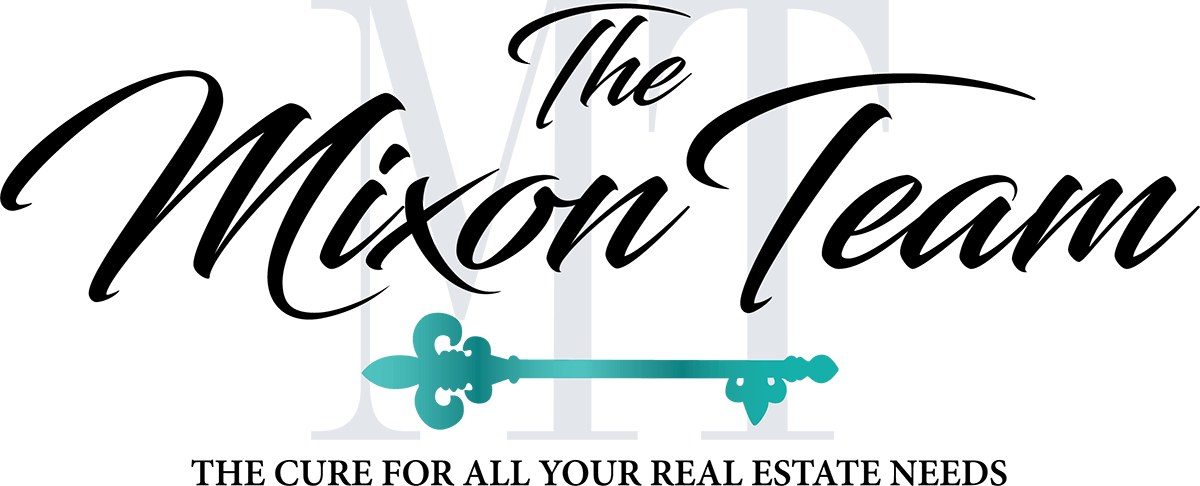Before placing a bid on a New Orleans house, you want to be pre-approved, not just pre-qualified. For a home seller, your offer is as good as gold to them. They know you are serious about bidding on their New Orleans house because you have the funds to back your offer up. So let’s review the six pieces of information you need to submit to the lender to be pre-approved for buying a New Orleans house.
1. Social Security Numbers
The social security numbers of the buyers are important for the lenders credit check during your application process. They will look at your credit score and total monthly debt. If you are purchasing a New Orleans house with someone else, the bank will use the lowest credit score between the two borrowers.
2. Copies of Your Checking and Savings Account Statements
The lender will require documentation of your assets in your checking and savings accounts. You can provide two to six months’ worth of account statements. The lender wants to see a few things:
- You must have accounts in good standing. Consistent negative account balances are an indication you may not be able to make your mortgage payments.
- The lender also wants to verify that you have a down payment and closing cost funds. These funds must be documented and cannot be money that has been loaned to you.
Your six months’ worth of statements will show any unusual activity in your account. So a big deposit will need to be explained. However, if you were gifted money, such as the savings from wedding presents, you can easily explain this with copies of your wedding invitation or notarized gift letters. The bank simply does not want you to put loaned money down on a home and still be responsible for paying your mortgage.
3. Documentation of Other Assets
You also need to provide documentation of other assets you have. This includes investment accounts such as stocks, bonds, 401k, IRA, or rental income. You are entitled to use these funds towards your down payment.
4. Verification of Your Earnings
Your lender will need to verify how much you earn. They need verification of where you work and your employer contact information. This helps determine if you have a reliable source of income to pay the mortgage. Typically, a lender will want to see your paycheck stub for the past one to three months. Depending upon the circumstances, they may also request your W2s or Wage and Income transcripts from the past two years.
If you are self-employed, you will need to provide your business and personal tax returns, year-to-date profit and loss statement, and your year-to-date balance sheet.
5. Listing of All Credit Accounts and Balances
As mentioned, the lender will pull your credit report. However, you will still be required to provide the necessary information, as well. They want to see a listing of all creditors, balances, and account numbers for your credit cards. They will also want to see auto loans, student loans, store line of credit, alimony or child support payments, and other monthly recurring debt you are responsible for making payments on.
6. Copies of Your Income Tax Returns
As you will provide documentation of your current income, the lender will also want to verify your prior income history. This helps them determine if you have any wavering income. It also helps you prove if you have reliable overtime or bonuses. So provide your past two years of Federal Tax Returns and your W2. This helps verify you don’t skip around from employer to employer as well.
Types of Mortgage Loan Options
An important factor for you to consider even before being pre-approved for your New Orleans house loan is a type of mortgage you’d like to get. There are many mortgage types available, here is a brief overview of the four most popular:
1. VA and FHA Loans
A VA loan is for eligible veterans and their spouses. An FHA loan is very popular among the first-time home buyer population. These both offer low rates for those with less than perfect credit and require a low down payment.
2. Fixed-Rate Loan
A fixed-rate mortgage loan carries the same interest rate for the duration of the loan. The most popular fixed-rate mortgage loans are 10, 15, 20 and 30-year loan. The 30-year loan is the most common since it offers the lowest payments.
3. Adjustable-Rate Loans
An Adjustable Rate Mortgage (ARM) carries interest rates that vary throughout the life of the loan, depending upon the current market index. So the rate could fluctuate from 3% to 6%, to 11% and back down to 6%.
4. Interest-Only Loans
Another option for borrowers looking to pay low mortgage rates is the interest-only mortgage loan. For the first few years of the loan, the borrower only pays the interest. Afterwards, their payments apply towards the principal. The interest rate fluctuates just as the ARM loan. Most buyers who choose this option either refinance their loan at the end of the fixed payment term or are expecting an increase in their income where they can afford the jump.
To find your perfect home, contact The Mixon Team at 985-277-1063.

